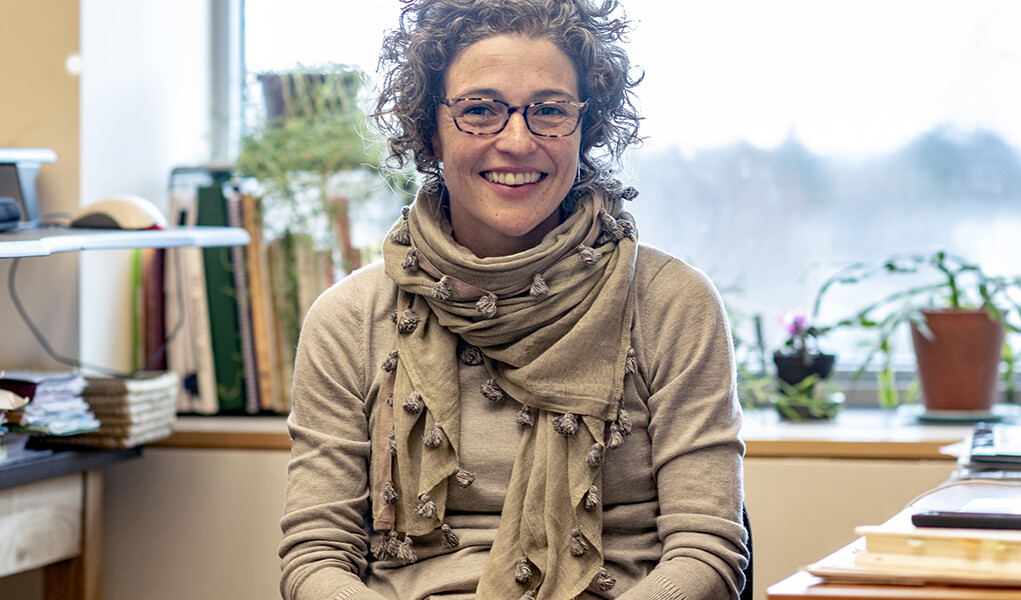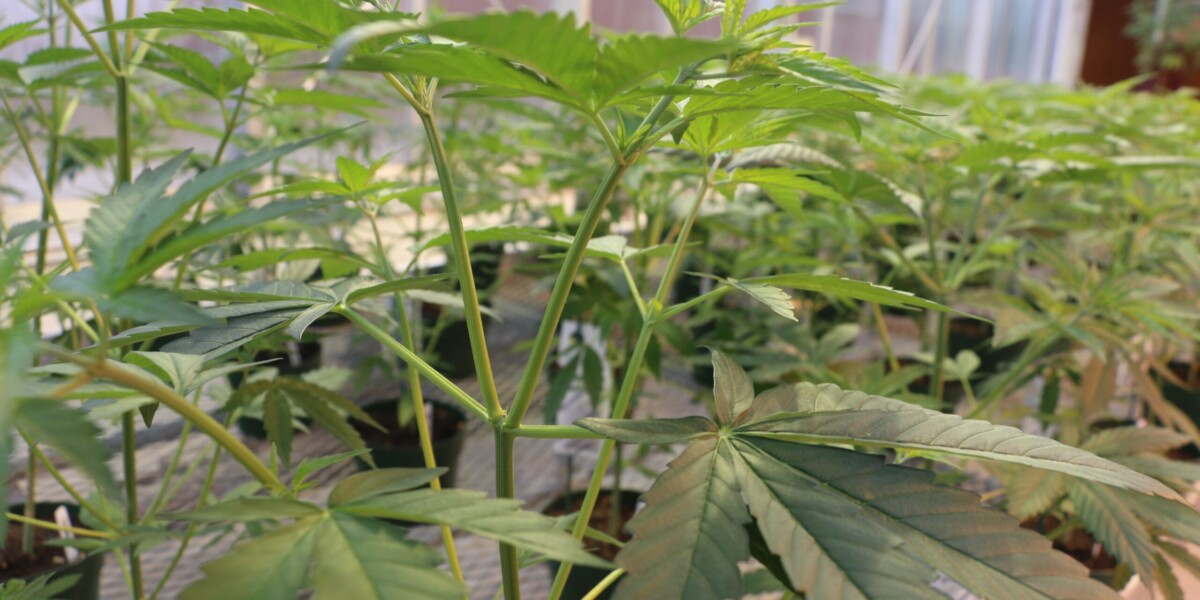By John M. Turner
Since 1977, when Jake Burton founded his iconic company, Burton Snowboards has been a leader in snowboarding apparel and equipment. Coupled with an innovative, entrepreneurial spirit is a drive to ensure Burton grows as a profitable and sustainable business, a mind-set that permeates through the entire DNA of the company.
Sustainability at Burton is not only seen as a responsibility to the sport they pioneered, but to the people and environment that sustain it. Burton has made a public commitment to not only be respected for their products, but also for their environmental and social impact.
We were fortunate enough to sit down with the Director of Global Sustainability at Burton, Ali Kenney, to understand what exactly does being a sustainable company really mean.
What does being a sustainable company mean to Burton?
AK: We see it as having a responsibility to our sport and our lifestyle. That means also having a responsibility to the people and the environment that sustain them. Snow is a big part of who we are, so we really take climate change personally. We’re inspired to take action and our vision at Burton is to be a trusted brand that is transparent and committed to social and environmental responsibility. We want to make sure we are trusted and open, and we are committed to those values. We also want to lead and inspire those around us in terms of activism around climate change and environmental policy.
What are some of the ways you make Burton sustainable?
AK: We use sustainability as a lens throughout the entire product development and lifecycle process. We call it the Green Mountain Process. It’s not just a few products but an entire sustainable process now, from the raw materials we use and how we manufacture our products, to what happens to the product at the end of their life. Our process makes sure every product incorporates sustainability.
For our supply chain, it means that all of our factories will be audited to ensure that they are meeting specific sourcing and production standards. In our own headquarters, we have goals around product packaging and limiting waste. We have competitions to reduce waste, and really try to be innovative in a way that ties into our culture. For example, we have composting and recycling in 25+ stations throughout the buildings, and our efforts have already been hugely successful- we’ve reduced our waste at our global headquarters in Burlington by over 50% in year one.
We have also adopted certain transportation practices for the office in Burlington. We’ve won national awards for our alternative commuting methods and we create a sense of community around that. For example, the spots closest to the building entrance are for bikes, and the next section out is for carpooling, so that we always give preference to preferred transportation methods.
Has making Burton sustainable affected business performance?
AK: Sustainability positively affects business performance in various ways; it’s not only the top line but also the bottom line. If you are a brand that is authentic and transparent and is “doing what is right,” then people will trust you more and want to purchase your products versus those from a company that is not doing the right thing. Burton is known for producing the highest quality, most durable products, so that is sustainable in itself, rather than our customers having to replace cheap stuff over and over. We believe that as you build sustainable efforts, it becomes a competitive advantage, so it really behooves us to make sure we have the highest quality and sustainable products. Sustainability is also the perfect lens for creating efficiency, whether it is improving packaging to reduce waste, or processes to reduce water usage, for example. In order to have a positive financial impact on our business performance, however, our efforts always have to be tied to our unique competitive advantage and strategy.
How do you know your impact?
AK: Because we have offices and manufacturing around the world, we measure everything we can, and we are trying hard to reduce our footprint globally. On the advocacy side, we are working to make an impact on global policy because that will really move the needle. This fall, Burton’s President, Donna Carpenter, several of our pro riders, me, and a group of like-minded businesses, took trips together to DC to make our case directly to senators about how important it is to create policy around climate change. As much as businesses and individuals want to do it on their own, we really need policy both on a federal and global level to make the changes that are needed.
Do you use your sustainability efforts to market yourselves?
AK: Our sustainability efforts and technologies are a part of who we are, and we are proud of it. We like to share stories around what we are doing, but we want to be genuine and are doing this because it is the right thing to do. Caring about snowboarding, riders and the environment has always been a part of us. We have always been in Vermont, always had those values, and are just extending those values to be more active and responsible in all areas. It’s a responsibility that everyone should take on.
John M. Turner is a communications professional for the University of Vermont School of Business Administration, which recently launched the Sustainable Entrepreneurship MBA (SEMBA) program. The University of Vermont also offers a Professional Certificate in Sustainable Business Practices.




